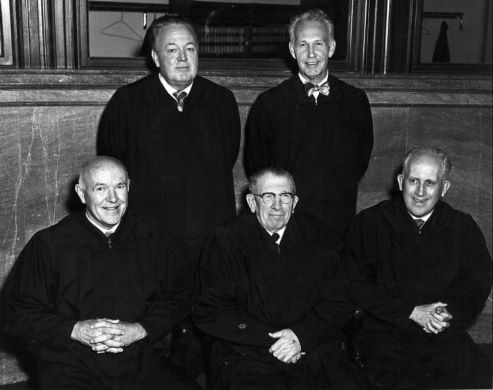In 1972, the Montana Supreme Court decided one of the most important state constitutional cases in modern American history. By a 3-2 margin, the court ruled that the voters had ratified a new state constitution even though the number of “yes” votes fell below the majority required.
The decision was particularly important because the new constitution represented a radically different governing philosophy than the former one. Montana’s former charter, like many adopted in the 19th century, featured important restrictions on government authority. For example, it required voter approval for a range of decisions involving debt and taxes. The new constitution granted far more discretionary power to elected officials—even while reducing the number of elected officials. The new document also greatly increased the power of the courts.
The entire process was tainted in various ways:
- Advocates used government money and resources to campaign for submission of the proposed new state constitution,
- They used government money and resources to obtain a “yes” vote on the proposal,
- They manipulated the ballot language and other aspects of the referendum, and
- Two individuals—the president of the drafting convention and a sitting U.S. Senator—may have applied political pressure on the “swing” supreme court justice, resulting in the court upholding the constitution 3-2 rather than striking it 2-3.
Amazingly, no scholar has ever told the complete story of the case. Several years ago, the only law journal in Montana, the Montana Law Review, declined to even consider an article on the case because the editors thought it would be too controversial!
However, the full story is now told. Rob Natelson’s new article on Cashmore ex rel. Montana v. Anderson has just been published by the peer-reviewed British Journal of American Legal Studies, edited from Birmingham City University in England. You can read the whole story at this link.








